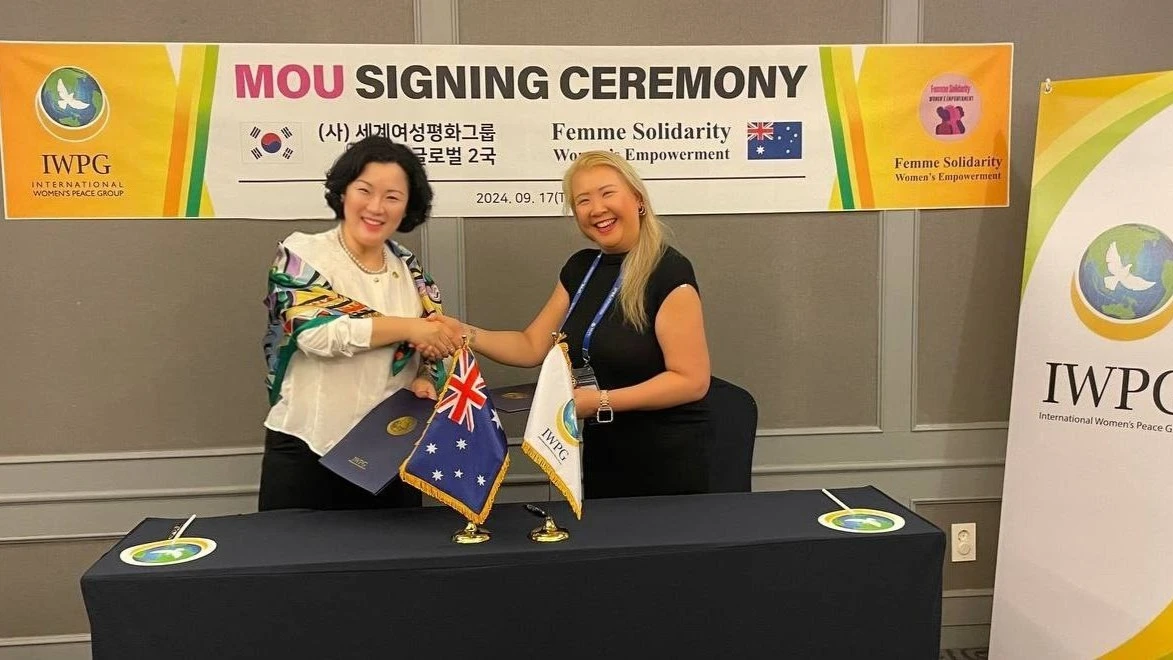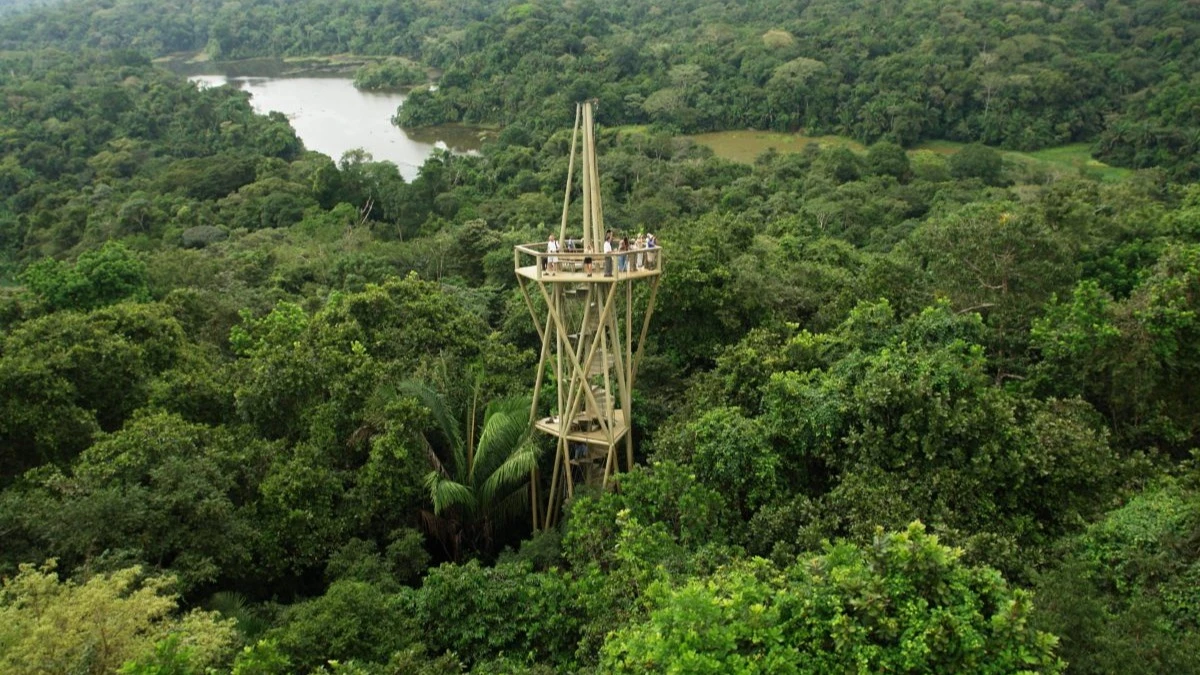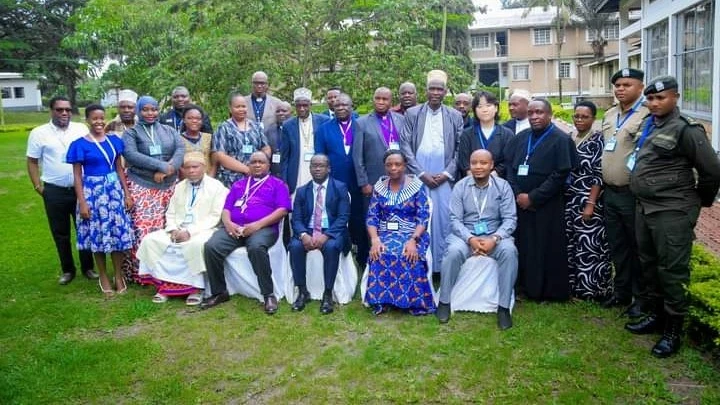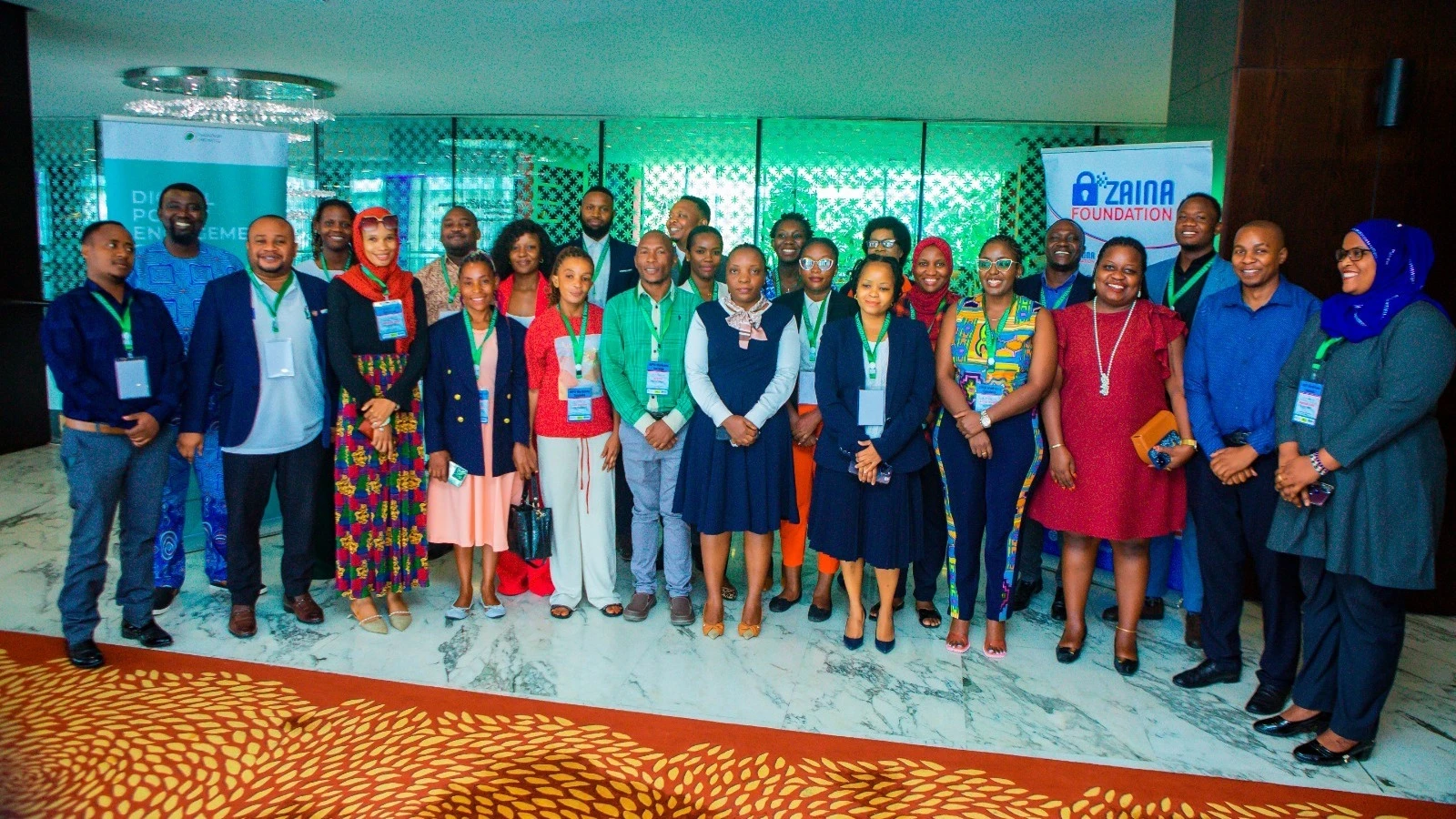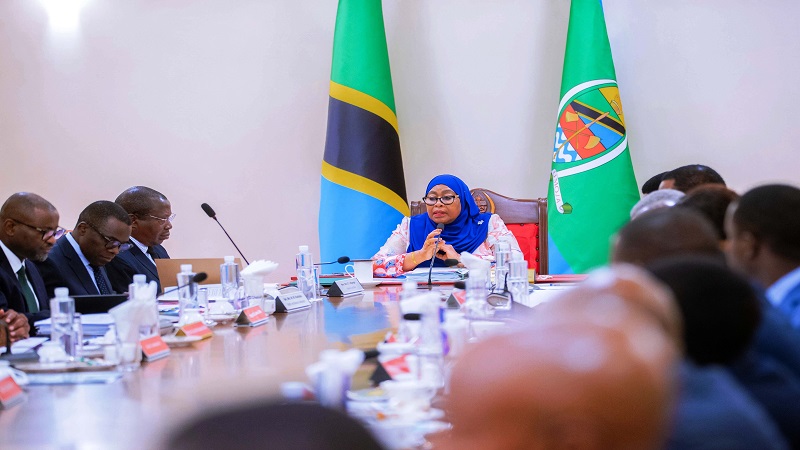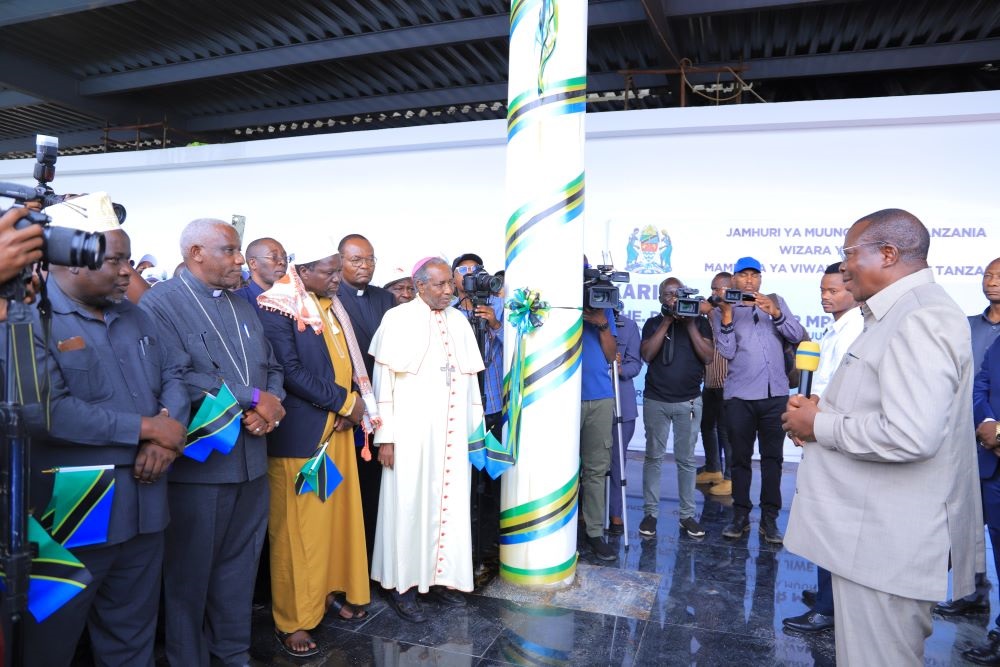Clerics play active role in protecting natural resources, promoting sustainable practices
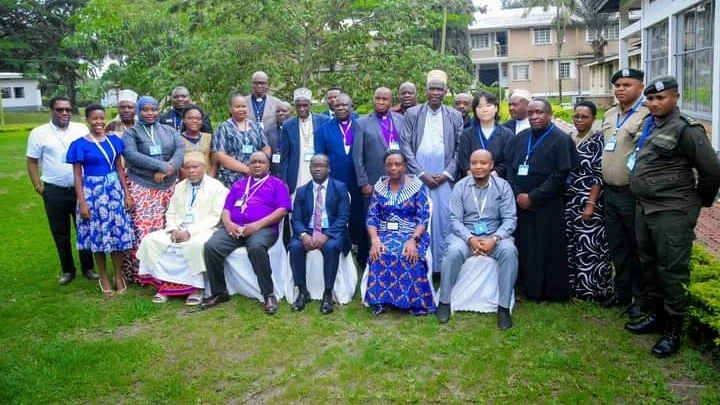
RELIGIOUS leaders across Tanzania are uniting in a ground-breaking initiative that aims to protect the country’s natural resources.
The UWAKILI Interfaith Forum (UIF) had recently brought together representatives from various religious denominations to engage in a meaningful dialogue with government authorities and advocate for the sustainable use of the environment.
Through this initiative, religious communities are taking on the responsibility of ensuring natural resources are preserved for the benefit of both current and future generations.
Bishop Benson Bagonza of the Evangelical Lutheran Church in Tanzania (ELCT) Karagwe Diocese explained the concept of ‘UWAKILI’ which he said refers not to a legal framework, but the spiritual and moral responsibility that humans have to care for the environment.
“God created resources before creating humanity. These resources can exist without us, but we cannot survive without them," he remarked, highlighting the critical role religious leaders can play in conservation activities.
UIF is an inclusive platform, with leaders from multiple faiths, including Muslims, Catholics, Mennonites, and the Africa Inland Church, working together to promote sustainable environmental practices.
Six dioceses of the ELCT, from regions such as Karagwe, North West, East and South East of Lake Victoria are involved in the project which aims at resolving conflicts over resource use and promote harmony between communities and nature.
The forum held its first meeting in Mwanza from May 2nd to 3rd, 2024, where Bishop Alex Malasusa was elected chairperson and Sheikh Hasani Kabeke, the Mwanza Regional Sheikh, was elected as co-chairperson.
This collaboration between Christian and Muslim leaders is a powerful example of the unity needed to address the environmental challenges facing the nation.
The second UIF meeting, hosted by Danmission—an international faith-based organization, took place in Bukoba District, Kagera Region on October 8-9, 2024.
The gathering brought together religious leaders and government officials to discuss strategies for protecting natural resources and reducing environmental degradation.
The shared message was clear that the task of safeguarding the environment cannot be left solely to government bodies like the National Environmental Management Council (NEMC) and the Tanzania Forest Service (TFS).
Participants agreed that religious leaders have a profound influence within their communities, hence the need for them to take an active role in raising awareness and encouraging sustainable practices.
Mwanza Regional Sheikh, Hasani Kabeke emphasized that the current generation must be careful when harvesting forest resources to ensure the next generation benefits with them. He called for collaborative action to ensure the environment is managed in a way that benefits both the current and future generation.
The forum provided a unique opportunity for participants to offer insights and recommendations, fostering collaboration between religious communities, government bodies, and other stakeholders in the pursuit of sustainable environmental management.
One of the pressing issues raised during the forum was the high cost of clean energy, which has left many Tanzanians reliant on firewood and charcoal for cooking. This has contributed to widespread deforestation and environmental damage.
Zainabu Khalfan, from the National Muslim Council of Tanzania (BAKWATA) in Mwanza stressed that the government must find ways to make clean cooking energy more affordable.
“The current price of gas cylinders does not allow many Tanzanians to afford clean energy. Gas cylinders and stoves should be given for free or at a reduced cost to help curb deforestation and charcoal burning,” she added.
Sheikh Balilusa Khamis from BAKWATA in Shinyanga Region urged that if the country is serious about promoting clean energy, the government should consider providing gas and electricity at a subsided prize.
“If we are serious about clean and safe energy, the government should offer these services at affordable prices. The move will not only protect the environment, but contribute to economic growth,” he said.
According to a 2009 World Bank report, over 90 percent of Tanzanian households rely on firewood or charcoal as their primary source of fuel, with Dar es Salaam alone consuming 500 tonnes of charcoal annually. These figures highlight the urgent need for alternative energy solutions that are affordable and accessible to all.
The government has expressed commitment to end the use of firewood and charcoal, citing the Environmental Management Act of 2004, which guarantees every citizen the right to live in a clean environment. The law also places responsibility on every individual in the country to protect the environment.
Vicent Haule, Principal Legal Officer for NEMC in the Lake Zone, emphasized the government's efforts to ensure compliance with these laws and to support sustainable development practices.
Tanzania’s environmental policies extend beyond energy use, addressing issues such as forest management, land conservation, and water resource protection. The 1998 Forestry Policy promotes the sustainable management of forest and tree resources, ensuring they contribute to the national economy while preserving biodiversity.
The 2002 Forest Act empowers local communities to take an active role in conserving and managing forests, aligning with the UIF’s mission of communal responsibility for environmental stewardship. In addition to these national policies, the Tanzanian government is also addressing broader environmental challenges, such as land degradation, deforestation, habitat loss, and land conflicts.
Dr Juma Mohamed Salum, representing Permanent Secretary of the Office of the Vice President responsible for Union and Environment, praised UIF for its efforts in collecting critical data and addressing environmental issues.
Salum raised concerns that most of the country’s environmental problems stem from cultural and religious influences, including the impact of foreign religions such as Christianity and Islam.
He said the UWAKILI project offers a unique opportunity for laying foundations for sustainable solutions through collaborative action. The government is also taking steps to address environmental challenges through international agreements, such as the Paris Agreement and the National Biodiversity Strategy and Action Plan (NBSAP).
These initiatives are expected to bring about significant positive changes in the country's environmental landscape, but the involvement of religious leaders through the UIF is seen as an essential component in driving this progress.
As the UIF continues to grow, it is becoming a vital platform for promoting ethical and sustainable environmental practices across Tanzania. By bringing together religious leaders, government officials, and local communities, the forum is fostering a spirit of collaboration and shared responsibility for the environment.
Through its efforts, UIF is reinforcing the importance of preserving the natural world for future generations, ensuring that Tanzania’s rich biodiversity and natural resources continue to sustain the nation for years to come. This growing movement reflects the deepening commitment of religious leaders to not only preach the importance of environmental stewardship but also to take concrete action.
The collaboration between various faith groups and government authorities serves as a powerful reminder that the responsibility of caring for the environment is a shared one, crossing boundaries of religion, culture, and community.
As Tanzania faces the complex challenges of environmental degradation and resource depletion, UIF stands as a beacon of hope for a future where sustainable practices and ethical resource management become the norm.
Top Headlines
© 2024 IPPMEDIA.COM. ALL RIGHTS RESERVED











